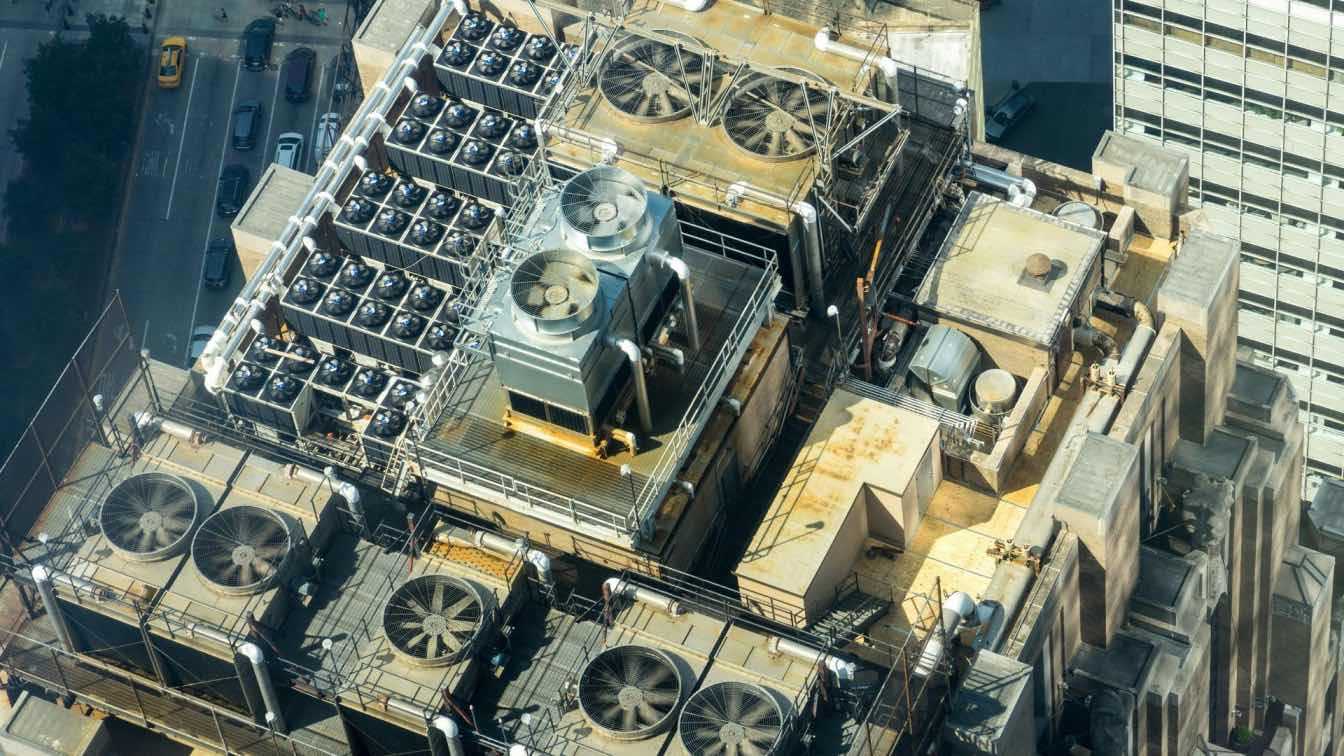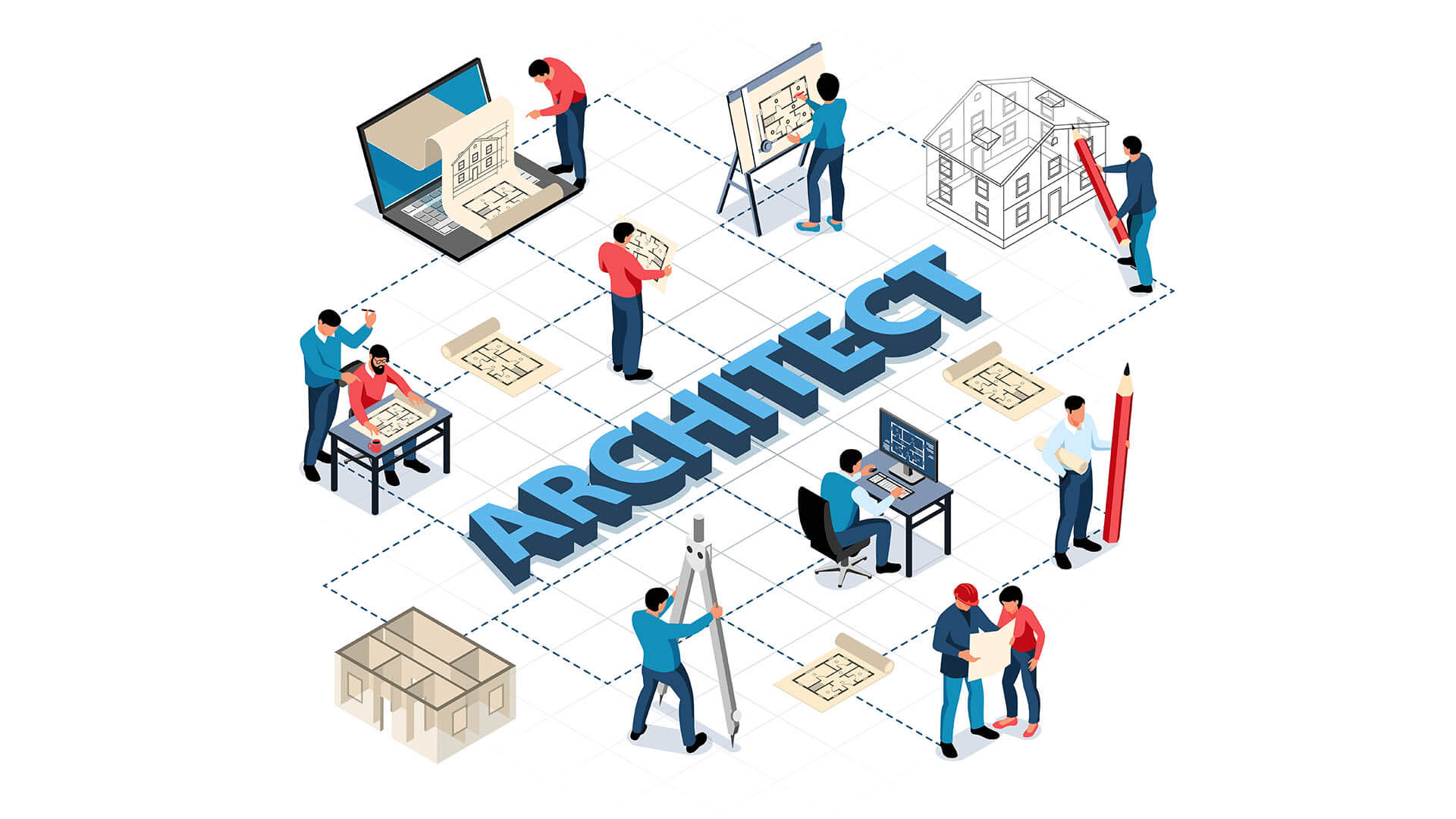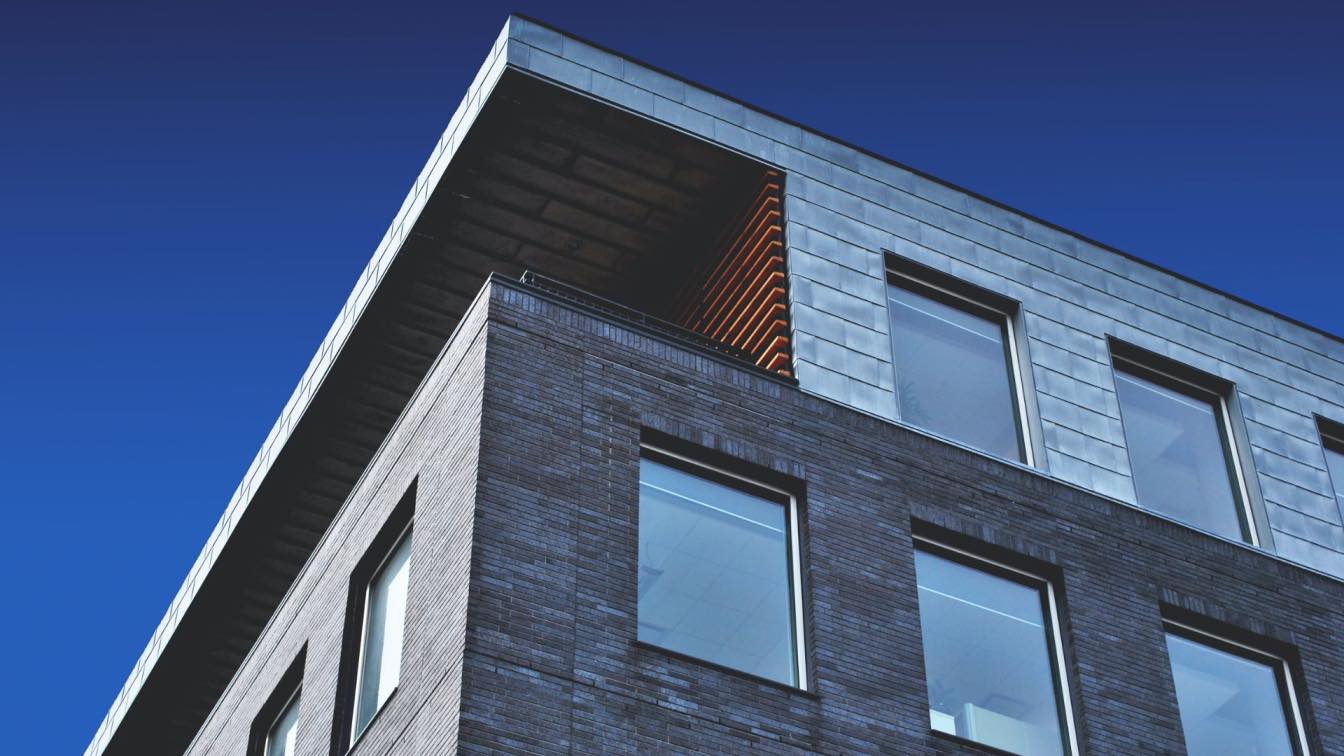HVAC systems have the critical responsibility of keeping a building cool or warm - depending on the time of year. How will it fit into the era of smart building now and in the years that follow?
We will discuss how HVAC technology can find a way to integrate itself into a new era of construction moving forward. Adaptability of current technology with new innovations has always been the topic of discussion.
What could the technologies and tools of today do in a future where smart technology is dominating? Better yet, what can it also do for its contributions in a world where sustainability is no longer considered a buzzword.
Let’s answer these questions and more right now.
What Is The Role of HVAC in Smart Buildings?
HVAC systems will continue to be one of the major pillars of smart buildings now and in the future -be it for smart home designs or commercial buildings. That’s because they are reliable in regulating the air temperature inside of a building while conserving energy.
Not to mention, the need for maintaining good air quality will be one of the things a reliable HVAC system can address. Putting together an HVAC system may require specialized skills from someone who attended a reputable welding school and also has familiarity with installing HVAC systems in particular.
Once an HVAC system for a smart building is in place, it can perform so much. Such tasks include the following:
Enhanced climate control: Smart HVAC systems will utilize features like sensors and artificial intelligence to perform the necessary task of maintaining indoor temperature.
As such, an HVAC system will have it so that it can adapt easily to occupancy patterns in a building - providing it with excellent regulation and keeping things comfortable. Best part is that no energy is being wasted. Even better, a smart HVAC system can detect which room is unoccupied and reduce usage of energy in that specific area.
Energy efficiency: Today’s sustainability age features the practice of energy efficiency. A smart HVAC system will live up to the expectations in this approach as it can be able to utilize the technology that will allow itself to use the necessary amount of energy for building occupants.
Not to mention, variable refrigerant flow (VRF) systems and geothermal heating are both useful for the purpose of carbon footprint reduction.
Easy integration with smart systems: Modern HVAC systems will have the ability to integrate seamlessly with smart building systems. Interconnection is what makes everything easy to connect.
Aside from HVAC systems, a smart system will be an excellent hub for lighting, security systems, and so much more. The best thing about it all is that it can all be controlled with mobile apps, automation platforms, and so much more. There are so many technologies to look out for in this space now and in the future that make commercial buildings so smart.
HVAC technology has the ability to evolve into something that can easily adapt into today’s more digitally dependent era.
However, some of the physical elements that can create an HVAC system are still needed like air ducts, air conditioners, and more. Nevertheless, such physical hardware can have the ability to contain technologies that can be controlled at the touch of a button, no matter where the administrator may be in the world.
What Are The Benefits of Smart HVAC in Buildings?
Now that we have discussed the benefits of HVAC in smart buildings, let’s go over the benefits and how they can be beneficial in the long run. Let’s discuss the following:
Precision and efficiency: An HVAC system that is smart will need to be installed with excellent precision. As such, it will also be programmed to where it can be efficient depending on certain factors like building occupancy and energy conservation goals.
Adaptation to new technology: It is important to make sure that HVAC systems are smart, allowing those who are unfamiliar with the opportunity to adapt to it with ease. This includes using features like main control apps that feature an easy to use and well-organized user interface.
Contributions to sustainable construction: The construction industry is in the process of shifting into eco-friendly practices. As this happens, the need for skilled technicians familiar in this space will be even greater. Especially for those who understand green building standards and other aspects.
Final Thoughts
As the years pass, smart technology and HVAC are looking to become even more possible when it comes to integration. It will become one of the most common things to have in buildings - small, medium, or large - to keep occupants comfortable while allowing building owners to focus on maintaining energy and saving money on costs in the process.
However, it will take a skilled group of people to make this happen. From the welders that put the physical parts together to the tech experts that create apps from the ground up, the future will look even brighter with skilled people paving the way.





